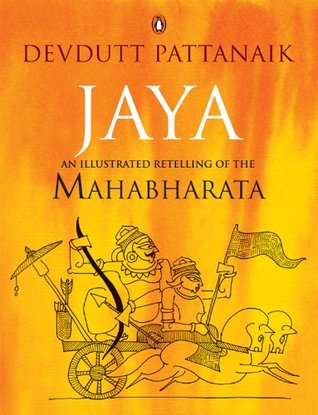More on this book
Community
Kindle Notes & Highlights
Read between
May 24 - June 1, 2020
No lesson is permanent. Wisdom thus is always work in progress.
Krishna’s son, Samba, is portrayed in the scriptures as an irresponsible lout, perhaps to inform us that the child of a great man need not be a great man; greatness is not transmitted through the generations. Every man ultimately makes or destroys his own legacy.
God surrenders to the law of karma. By making man the master of his own destiny and the creator of his own desires, God makes man ultimately responsible for the life he leads and the choices he makes. God does not interfere with fate; he simply helps man cope with it.
The epic ends not with the victory of the Pandavas over the Kauravas but with Yudhishtira’s triumph over himself. This is spiritual victory or Jaya. This is the ultimate aim of the great epic.
Vijaya is material victory, where there is a loser. Jaya is spiritual victory, where there are no losers.
No one person can ever take credit for a moment in this cosmos.
Among Hindu literatures, the Mahabharata is classified as Itihasa. Itihasa is not history, as is conventionally believed; it means ‘an account of life as it was, is, and always will be’. Itihasa is that which is timeless or sanatan. The sages therefore consider the Mahabharata to be the fifth Veda, the final whisper of God.
The Kauravas are stubbornly territorial before the war. The Pandavas struggle to be generous after the war. Adharma is thus an eternal temptation, while dharma is an endless work in progress that validates our humanity.


